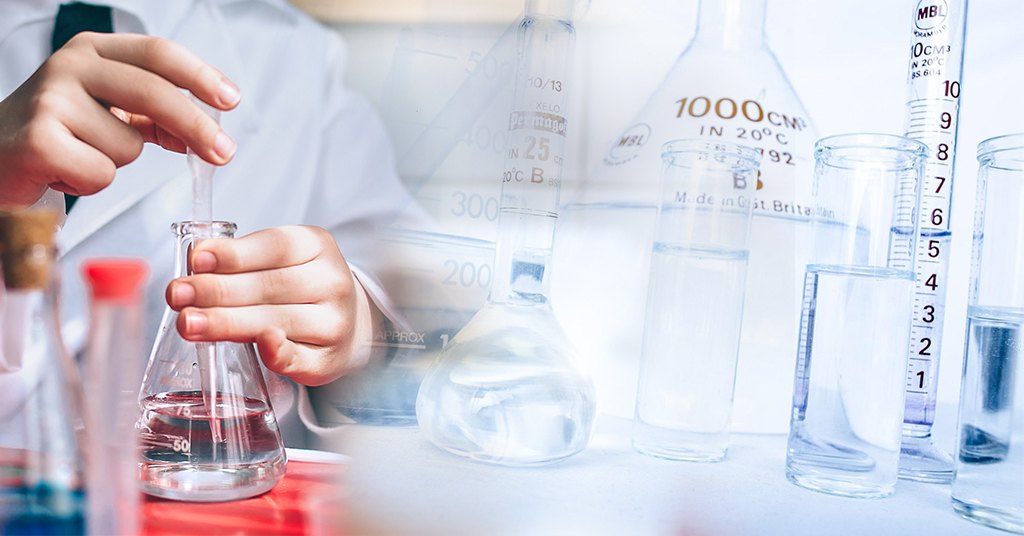Welcome To ChemAnalyst

Hamburg, Germany: Over the past few weeks, the price of Lithium Carbonate has been tumbling in the German domestic market as weak demand lingers the market sentiments. The downstream procurement in the Energy Storage System (ESS) and lithium-ion battery manufacturing industries have remained poor as the consumer market demonstrated reluctance for fresh purchases of Lithium Carbonate amid falling product prices.
According to the market participants, Lithium Carbonate spot prices in Europe have continued to fall across the board due to poor spot demand, reducing the advantage they enjoy above seaborne Asia comparable pricing.
A few distributors with operations in Europe and Asia said that there could be a possibility that the buyers are well-stocked or are relying heavily on long-term contracts, and they don't need to enter the spot market as of now.
The EU has a 97% dependency on Lithium Carbonate supplies, and the industry requires more than just a domestic supply of Lithium Carbonate to fight back. Lithium refining in Europe would ease the European Union's risky reliance on China.
The EU is in a hurry, having realized too late that it is overly reliant on China for a host of critical raw materials, 16 of which, including Lithium Carbonate, are now prioritized by Brussels in a new industrial strategy designed to protect the bloc's economy while also meeting the ambitious goal of reducing net greenhouse gas emissions by at least 55% by 2030.
The dependence also concerns German and other European automakers, whose domestic markets are increasingly challenged by high-quality Chinese vehicles and China's stranglehold over Lithium Carbonate processing.
There is now a rush throughout Europe to mine the silver-white soft metal or Lithium Carbonate and filter it into Lithium Hydroxide, a critical element in the batteries that power electric automobiles, robot vacuum cleaners, and mobile phones.
Conversely, the overall EU vehicle sales increased by 21% in August, which is traditionally a slower month for car sales, making it the auto industry's twelfth month of sales gain as it rebounds from pandemic-related supply chain challenges. According to figures from the European Automobile Manufacturers Association (ACEA), nearly one in every five new vehicles sold in the European Union in August were entirely electric, with sales of zero-emission versions more than doubling.
According to the ChemAnalyst database, the Lithium Carbonate market is anticipated to improve in the European market, backed by positive demand from the downstream industries and improved domestic supplies of the product.
We use cookies to deliver the best possible experience on our website. To learn more, visit our Privacy Policy. By continuing to use this site or by closing this box, you consent to our use of cookies. More info.
